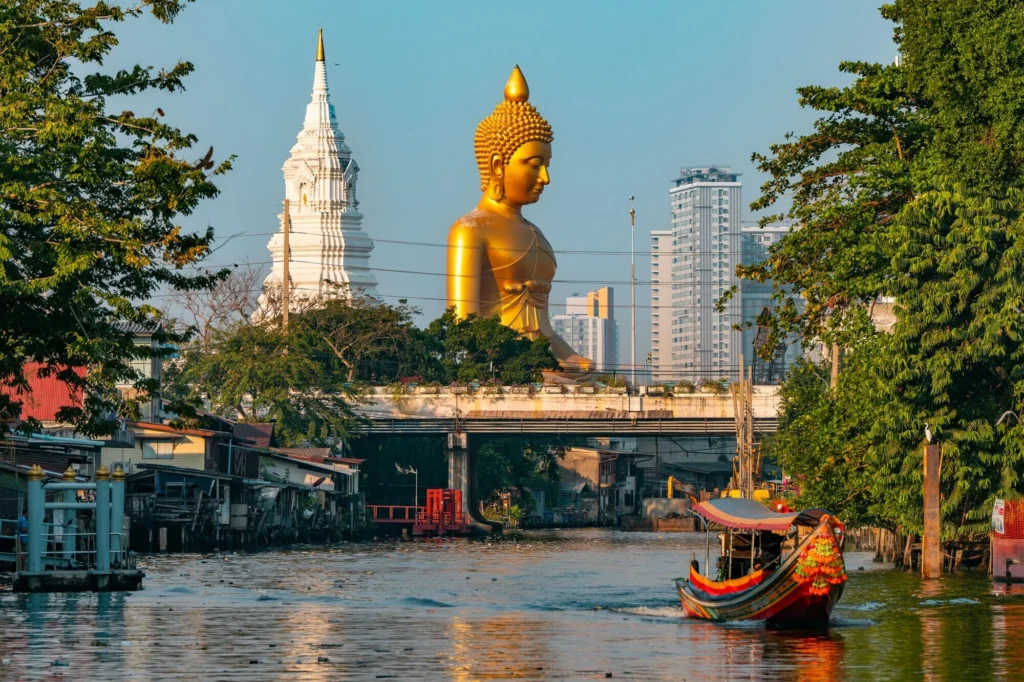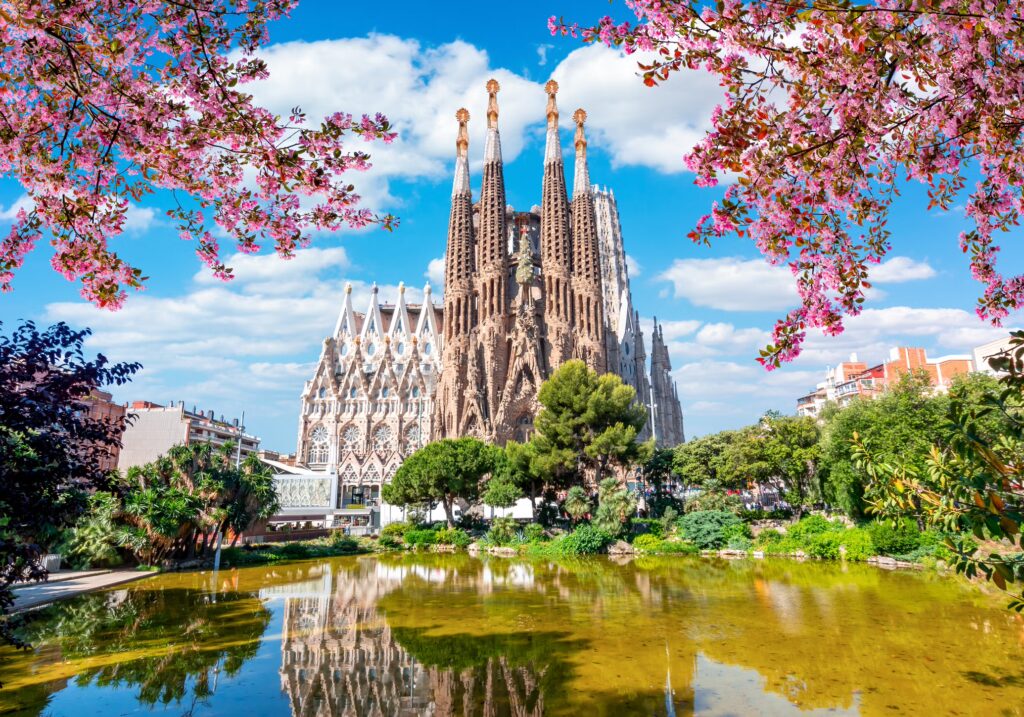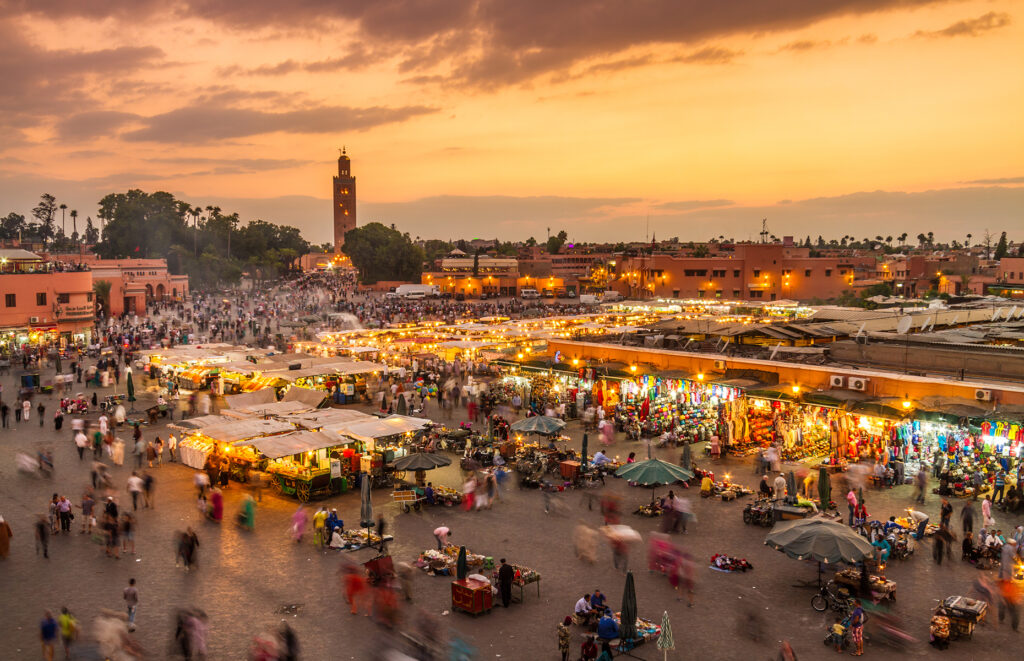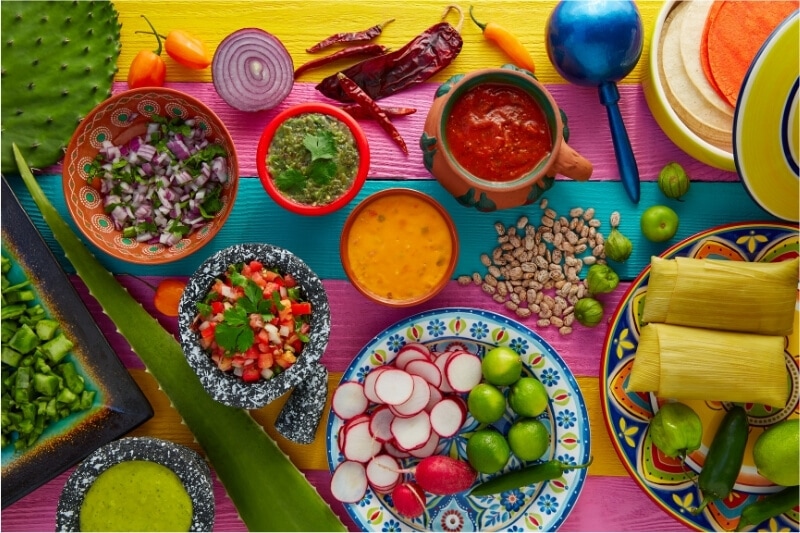Food is more than just nourishment; it’s a gateway to understanding the culture and history of a place. Traveling through different countries allows you to explore how local ingredients, cooking techniques, and eating traditions shape a society’s identity. From the vibrant street food of Bangkok to the rich tapas culture of Barcelona, food offers an authentic, flavorful way to connect with the heart of a destination.

Bangkok: A Symphony of Flavors
In Thailand, food is a central part of daily life, and Bangkok’s street food scene is a reflection of the country’s diverse cultural influences. From the tangy heat of Pad Thai to the aromatic richness of Tom Yum soup, Thai cuisine combines bold flavors—sweet, sour, salty, and spicy. Eating your way through Bangkok’s bustling markets is an immersive experience that reveals not just the taste but the soul of Thai culture. The street vendors are often generations-old family businesses, each dish a story passed down through the ages.

Barcelona: A Feast for the Senses
Barcelona is a food lover’s paradise, where food is intricately linked to local history and traditions. The Catalan capital is known for its tapas culture—small, shareable plates that encourage social dining. Dishes like Patatas Bravas (fried potatoes with spicy tomato sauce), Jamón Ibérico (cured ham), and Paella, which originated in nearby Valencia, are staples. Eating in Barcelona is a communal experience, often accompanied by laughter, conversation, and a glass of sangria. It’s a reminder that food is about bringing people together and celebrating life.

Marrakech: Spices and Stories
Marrakech is a city that dances to the rhythm of spice. Moroccan cuisine is an aromatic blend of flavors, with dishes like tagine, couscous, and pastilla offering a taste of the country’s Berber, Arab, and French influences. In the winding streets of the souks, you’ll find food that tells stories of centuries-old trading routes, from the cinnamon and cumin-heavy flavors of traditional tagines to the minty sweetness of Moroccan tea. Food here is more than just a meal; it’s a ritual, a way of welcoming guests, and an essential part of Moroccan hospitality.
Traveling through these destinations offers more than just a culinary journey—it provides an opportunity to understand the culture, history, and people of each place. The dishes you taste are often rooted in tradition, shaped by geography, religion, and centuries of cultural exchange. As you savor each bite, you’re not just eating—you’re connecting with the essence of the country.

